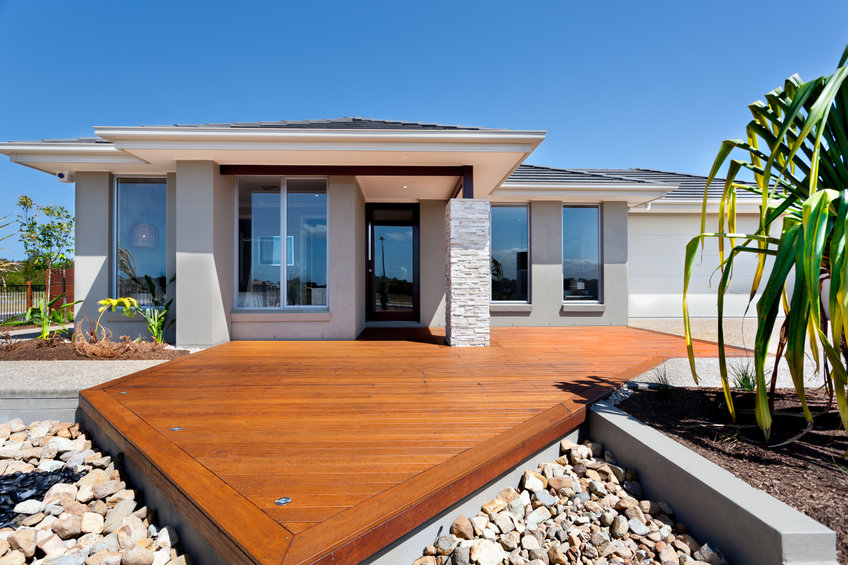
If you are interested in becoming a landlord or just want to invest your money into something that will have a long-term return, then you should consider investing in rental properties. One of the top trends in real estate is a short-term rental property in New Orleans.
Short-term rental can be a lucrative investment. The demand for short-term rentals is high, especially on peak seasons, and the success rate of this type of investment is comparatively high. Still, there are also disadvantages to owning these types of properties.
These may not be suitable for everyone, so before you engage in this type of business, make sure you check out this list of pros and cons of owning a short-term rental property.
8 Pros and Cons of a Short-Term Rental Property in New Orleans, LA
1. High Returns on Investment
Owning a short-term rental property is a good way to make some extra money on the side. Compared with long-term rentals, this type of investment allows you to charge more per night than you might at a monthly rate. Visitors can also build up steadily during popular travel times.
2. Inconsistent Demand
While short-term rental properties offer a lot more money per tenant, they are like hotels because there is a fluctuating demand for occupants. This means that the house may not be rented during the off-season since most tenants only stay for a few days. The result is an inconsistent income stream.
3. Less Commitment
The benefits of short-term rentals include less commitment and more freedom than long-term leases and tenants. This is an ideal arrangement for homeowners who intend to remain in their homes. You won’t have to deal with the same tenant year-round or with issues concerning tenancy.
4. Involves Significant Effort
The short-term rental industry is not without its drawbacks. Cleaning, maintenance, coordination, and overall care of the property are the owners’ responsibilities. Rental demand is also affected by seasonality – meaning you as the owner might have to give up personal stays during peak seasons.
5. Flexibility
You have more flexibility to use your home for yourself because renters only stay for a few days at a time. If no one is currently renting the property, you can block off times when you know you’ll be using it or make a spur-of-the-moment excursion.
6. Risky
Investing in short-term rental properties can sometimes involve more risk. By entertaining several people on your property, theft, damage, and problem tenants are more likely due to the sheer amount of people passing through your doors.
7. Less Expensive Maintenance
Visiting your rental property regularly has one positive side – you will keep an eye out for small problems before they become bigger problems that can be expensive to fix. In the event of a leaky faucet, furnace malfunction, broken furniture handle, or stained carpet, you can easily remediate the issue if you act quickly.
8. Hidden Costs
Guests expect a fully furnished home because short-term rentals are more like hotels. Because short-term rentals have a higher turnover rate, you’ll have to pay more cleaning fees and restock towels, sheets, and paper goods, among other things. That could take a bite out of your profit.
Short-term rentals are an alternative worth exploring if you plan to become a landlord – or if you are unsatisfied with the return you get from long-term tenants. It may require more work, but it can also be significantly more lucrative.
To make the most out of your investment in real estate, you should consider short-term renting. Getting the most out of property ownership means working with a property management company dedicated to your success.




